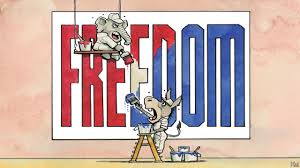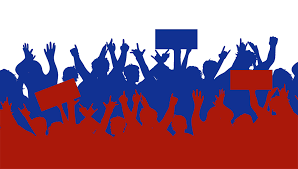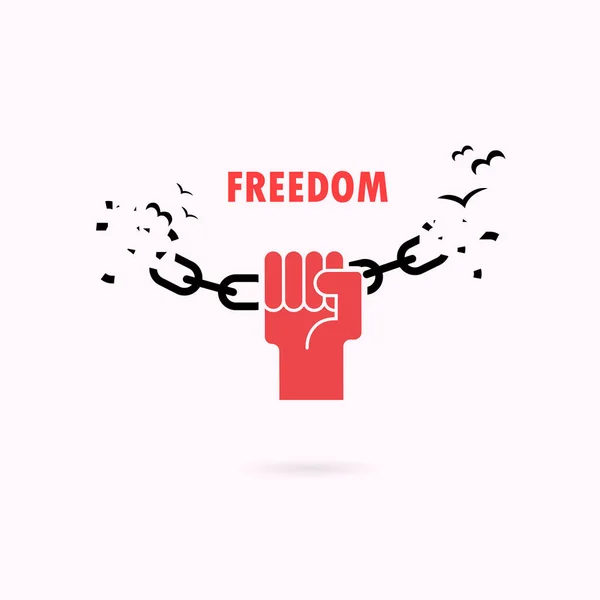Political freedom is a cornerstone of democratic societies, representing the ability of individuals to participate in political life without fear of oppression, discrimination, or interference. It encompasses the rights to free speech, assembly, association, and voting. These freedoms allow citizens to influence decisions that affect their lives and ensure accountability in governance.
Political freedom is not merely the absence of coercion but the active presence of systems and structures that empower individuals to express their views and advocate for change. It thrives in environments where diverse perspectives are respected, and power dynamics are balanced to prevent abuses.
Historical Context of Political Freedom
Page Contents

Throughout history, the struggle for political freedom has shaped societies. From the Magna Carta in 1215, which limited the powers of the monarchy in England, to the American and French revolutions, the quest for liberty has driven transformative changes.
In the 20th century, politic freedom played a central role in decolonization movements and the fall of authoritarian regimes. Leaders like Nelson Mandela and Mahatma Gandhi exemplified how the fight for political rights could inspire global movements. The civil rights movement in the United States further demonstrated the power of collective action in securing freedom and equality.
Components of Political Freedom
- Free Speech and Expression
The ability to speak openly without fear of retaliation is fundamental to politic freedom. It allows individuals to critique government policies, advocate for social change, and share ideas. - Freedom of Assembly
This right enables people to gather peacefully to protest, campaign, or celebrate. It is essential for mobilizing collective action and amplifying marginalized voices. - Right to Vote
Participatory democracy depends on free and fair elections, where citizens can choose their leaders and hold them accountable. The right to vote ensures that governance reflects the will of the people. - Freedom of Association
Political freedom includes the right to form and join organizations, unions, or political parties. These associations provide platforms for collective advocacy and representation.
Challenges to Political Freedom

- Authoritarian Regimes
In many parts of the world, authoritarian governments suppress politic freedom to maintain control. They restrict free speech, manipulate elections, and silence opposition. - Surveillance and Privacy Concerns
In the digital age, surveillance poses significant threats to politic- freedom. Governments and corporations may monitor activities, discouraging dissent and curbing free expression. - Disinformation and Propaganda
The rise of fake news and propaganda undermines politic freedom by distorting facts and manipulating public opinion. It creates an environment of mistrust and confusion. - Economic Inequality
Economic disparities can limit access to political freedom. Marginalized groups often lack the resources to participate fully in political life, perpetuating cycles of disenfranchisement.
The Role of Civil Society
Civil society organizations play a crucial role in safeguarding political freedom. They monitor government actions, advocate for reforms, and empower communities. Human rights organizations, grassroots movements, and independent media act as watchdogs, ensuring accountability and transparency.
Activists and whistleblowers also contribute to politic freedom by fatcai99 exposing corruption and advocating for justice. Their courage often comes at great personal risk, highlighting the need for international solidarity and protection mechanisms.
Political Freedom in a Globalized World
In an interconnected world, the struggle for political freedom transcends national borders. International organizations like the United Nations and regional bodies such as the European Union promote democratic principles and human rights. However, global efforts are often complicated by conflicting interests and geopolitical tensions.
Social media platforms have become powerful tools for mobilizing political movements, as seen in the Arab Spring and other protests worldwide. However, they also present challenges, including censorship and the spread of misinformation.
The Intersection of Political Freedom and Other Rights

Political freedom is deeply intertwined with other human rights. Without freedom of expression, individuals cannot advocate for social, economic, or cultural rights. Similarly, access to education and information is critical for informed participation in political processes.
Gender equality is another important dimension. Women’s participation in political life has historically been limited, but increasing representation is vital for inclusive governance. Addressing systemic barriers and empowering women enhances political freedom for all.
The Path Forward
To strengthen political freedom, societies must prioritize education, inclusivity, and accountability. Educating citizens about their rights fosters active participation, while inclusivity ensures that marginalized voices are heard.
Governments should adopt transparent practices, uphold the rule of law, and protect journalists and activists. International cooperation can support countries in transition, offering technical assistance and monitoring mechanisms.
Technological advancements can also be harnessed to enhance political freedom. Secure communication tools, digital literacy programs, and platforms for civic engagement empower individuals to participate more effectively.
The Moral Imperative of Political Freedom
Political freedom is not just a legal or institutional concept; it is a moral imperative. It embodies the ideals of human dignity, equality, and justice. Societies that uphold political freedom enable individuals to live authentically, contribute meaningfully, and hold those in power accountable.
As challenges evolve, the commitment to political freedom must remain steadfast. It requires collective effort, resilience, and a shared vision for a future where everyone has the opportunity to shape their destiny.




